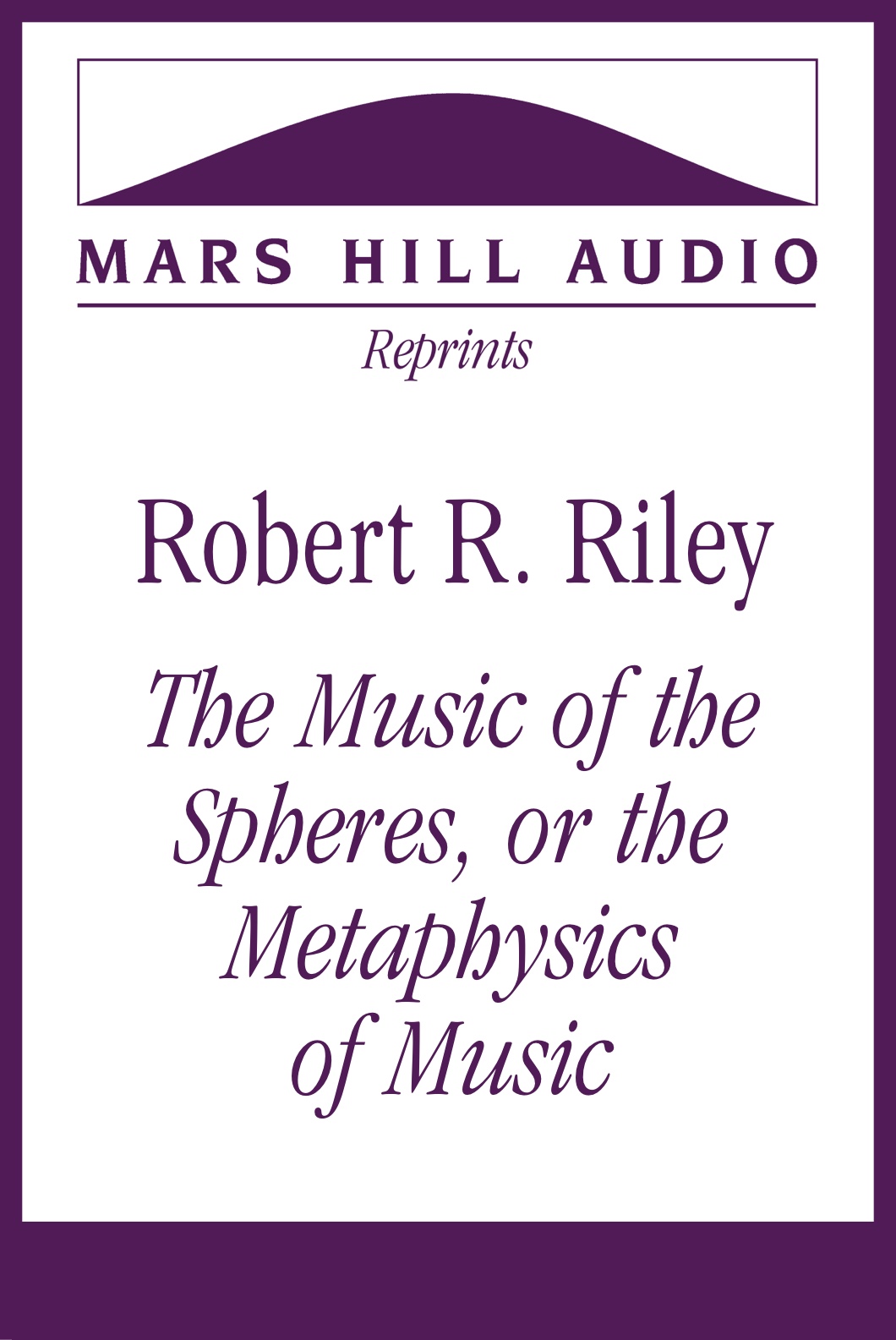
released 1/28/2009
For 2,500 years in the West, music was understood as a work of discovery, as an expression of something present in the structure of the cosmos. Despite changes in musical styles, the ways composers and musicians arranged melody, harmony, and rhythm were assumed to be expressive of some objective reality in the nature of things. As Robert R. Riley summarizes this view, “Music was number made audible. Music was man’s participation in the harmony of the universe.” In the 20th century, that view was abandoned by courageous pioneers of the avant-garde, and “musical art was reduced to the arbitrary manipulation of fragments of sound.” In this essay, Robert R. Riley contrasts these two sets of assumptions about music, and introduces two 20th-century composers who rejected the metaphysics of chaos in their compositions: the Danish composer Vagn Holmboe (1909-1996) and the American John Adams (1947-).
This essay was originally published in the Intercollegiate Review, Fall 2001, and is read by Ken Myers.
43 minutes
PREVIEW
The audio player for this program is restricted to MHA members and friends of the Intercollegiate Studies Institute. Log in or sign up now to listen to it.